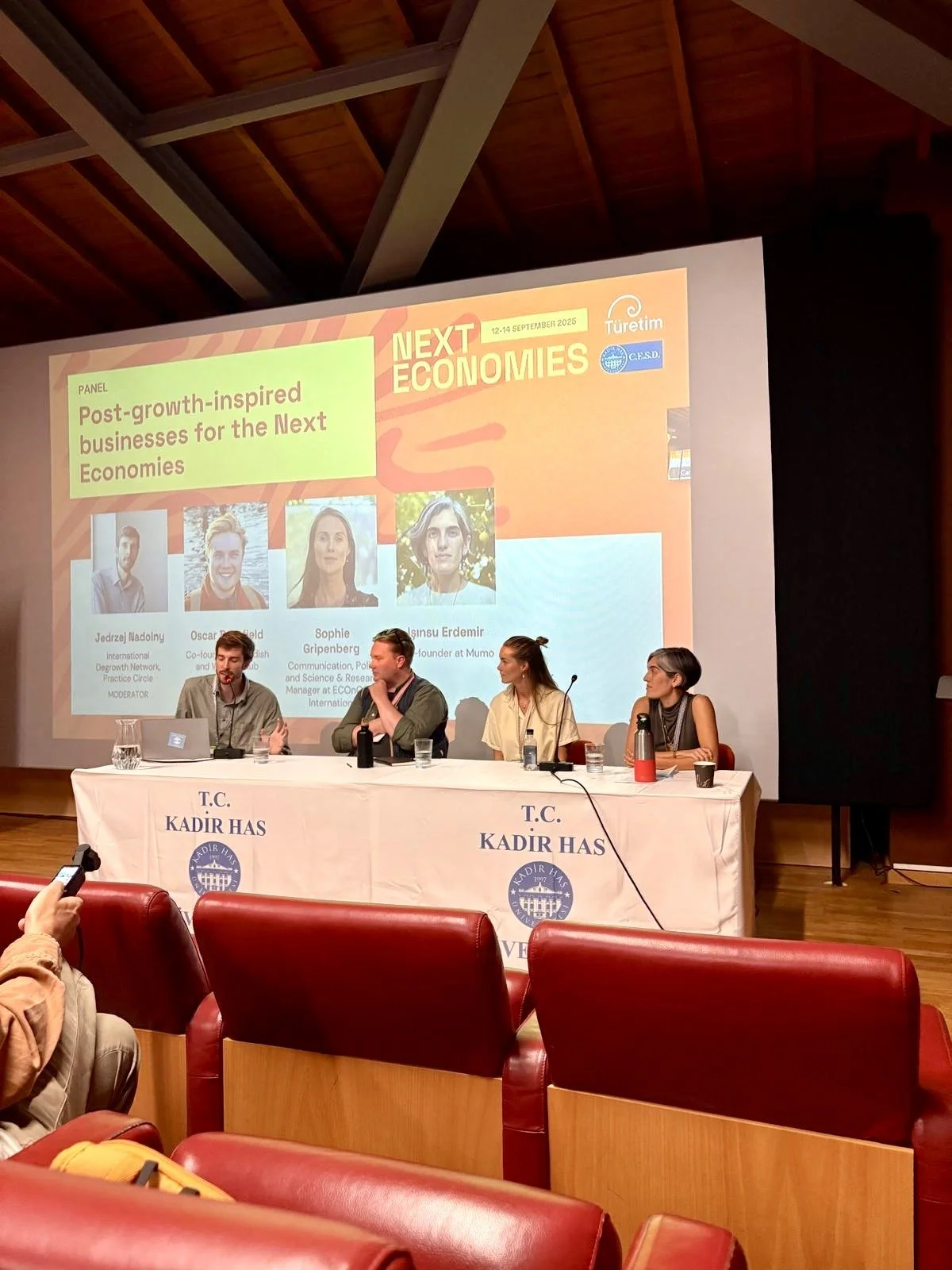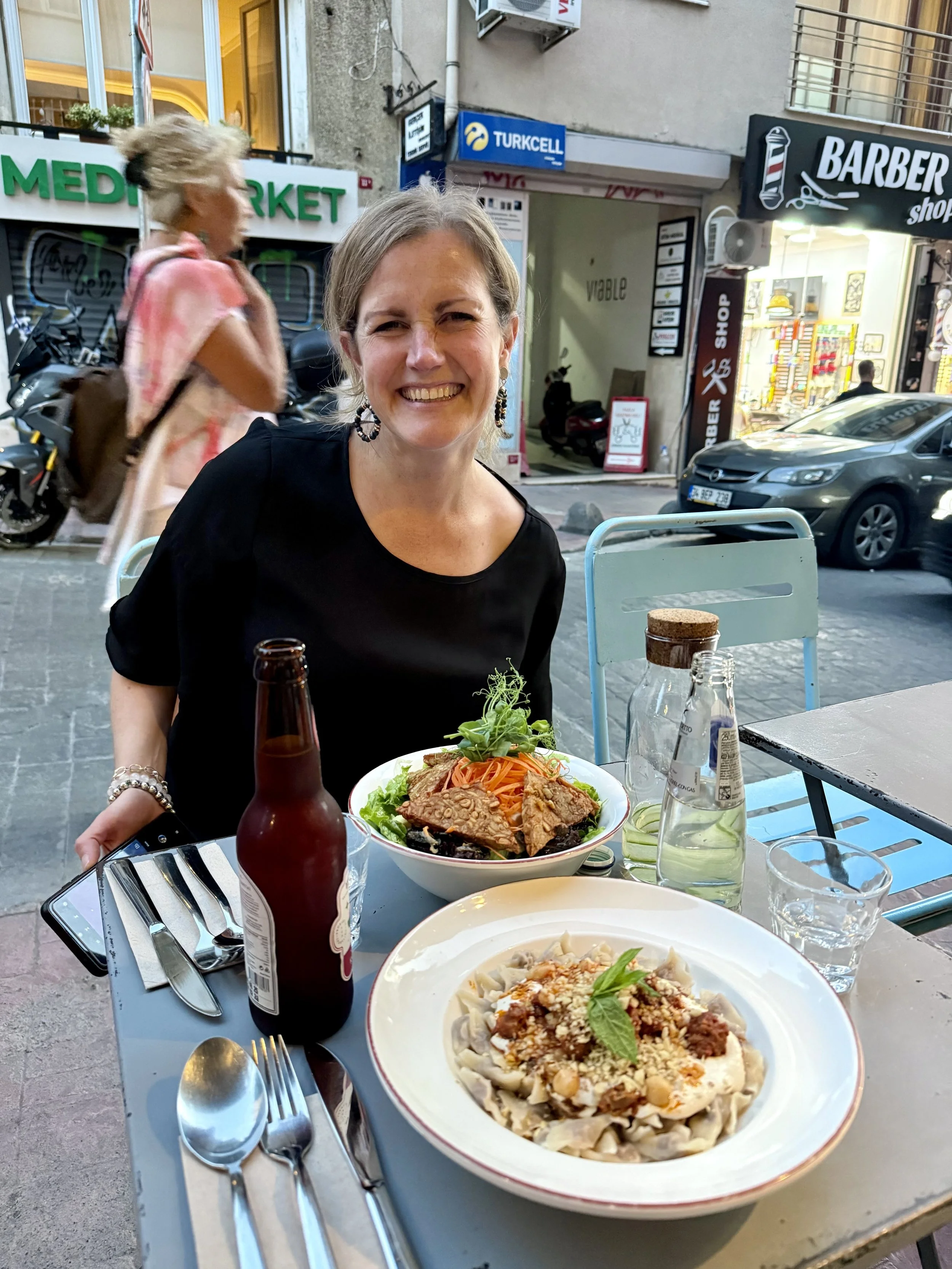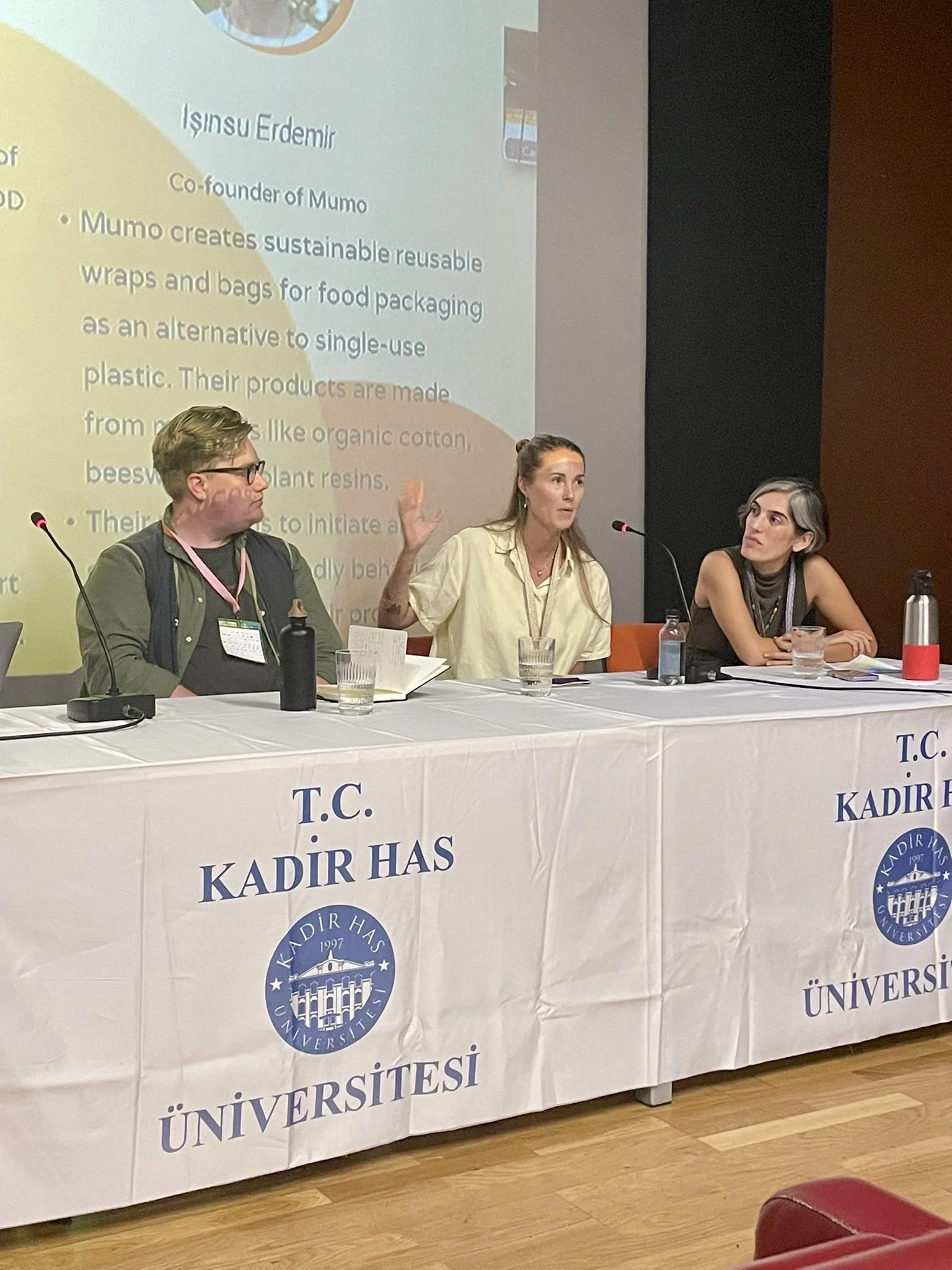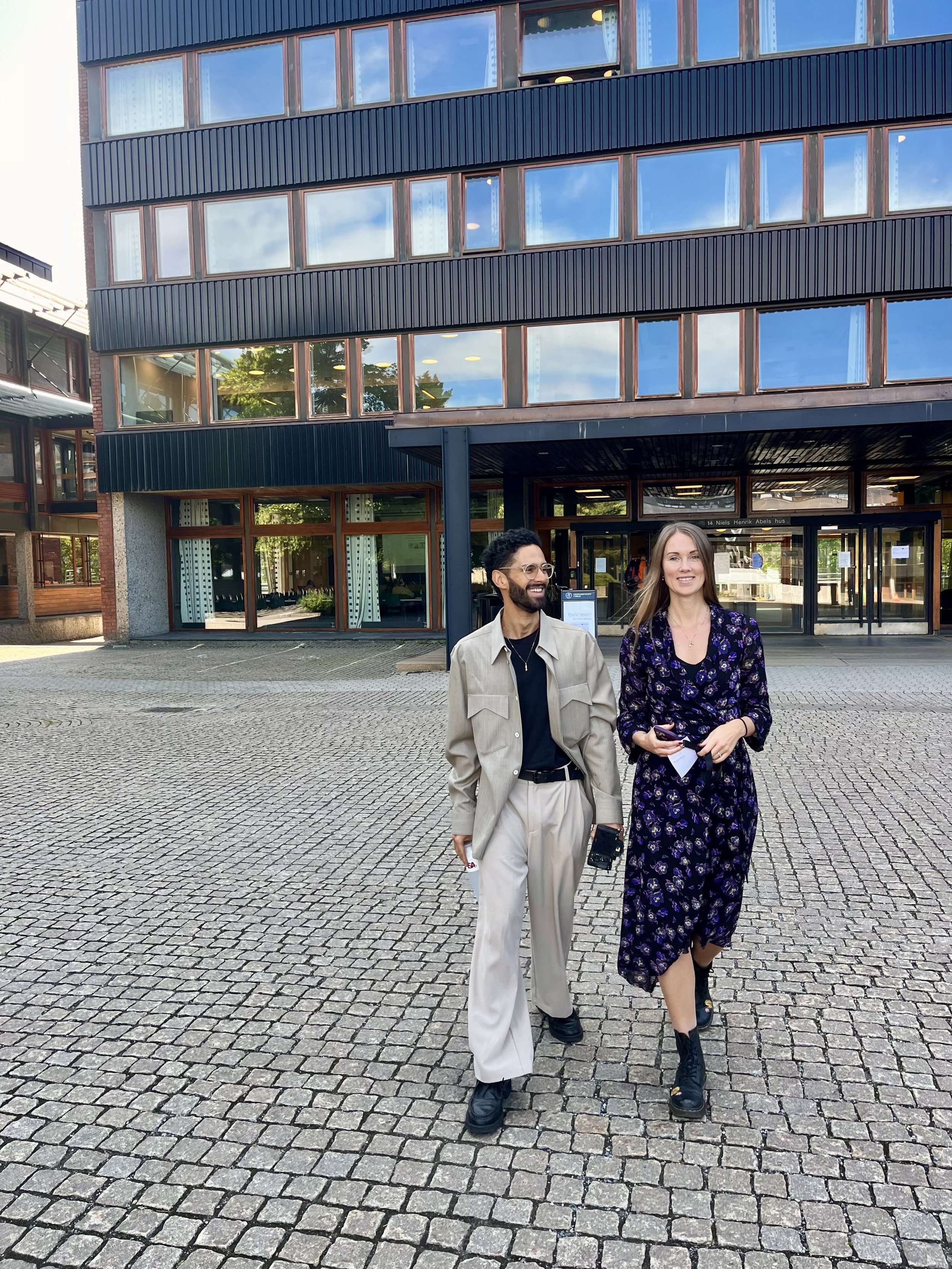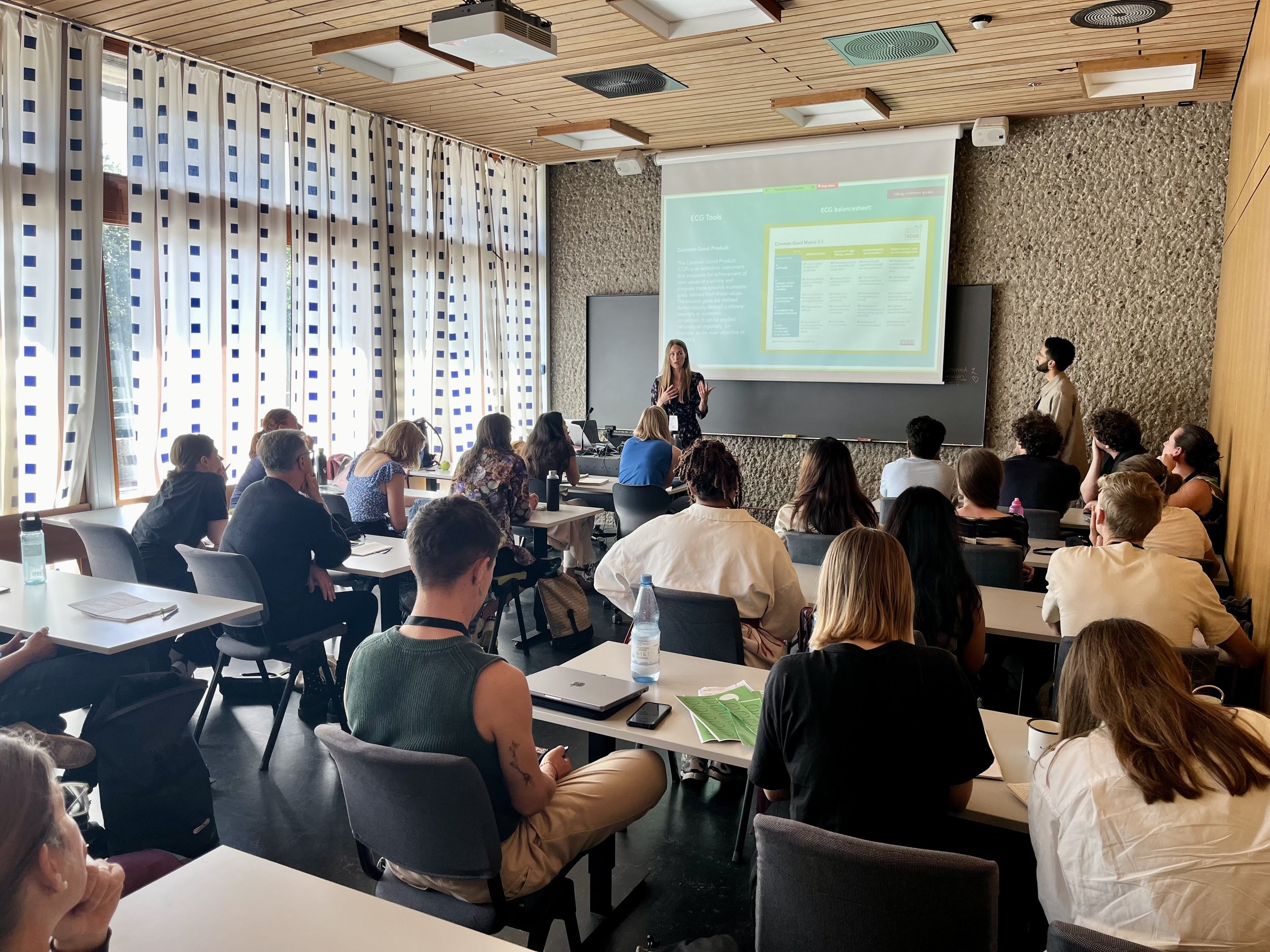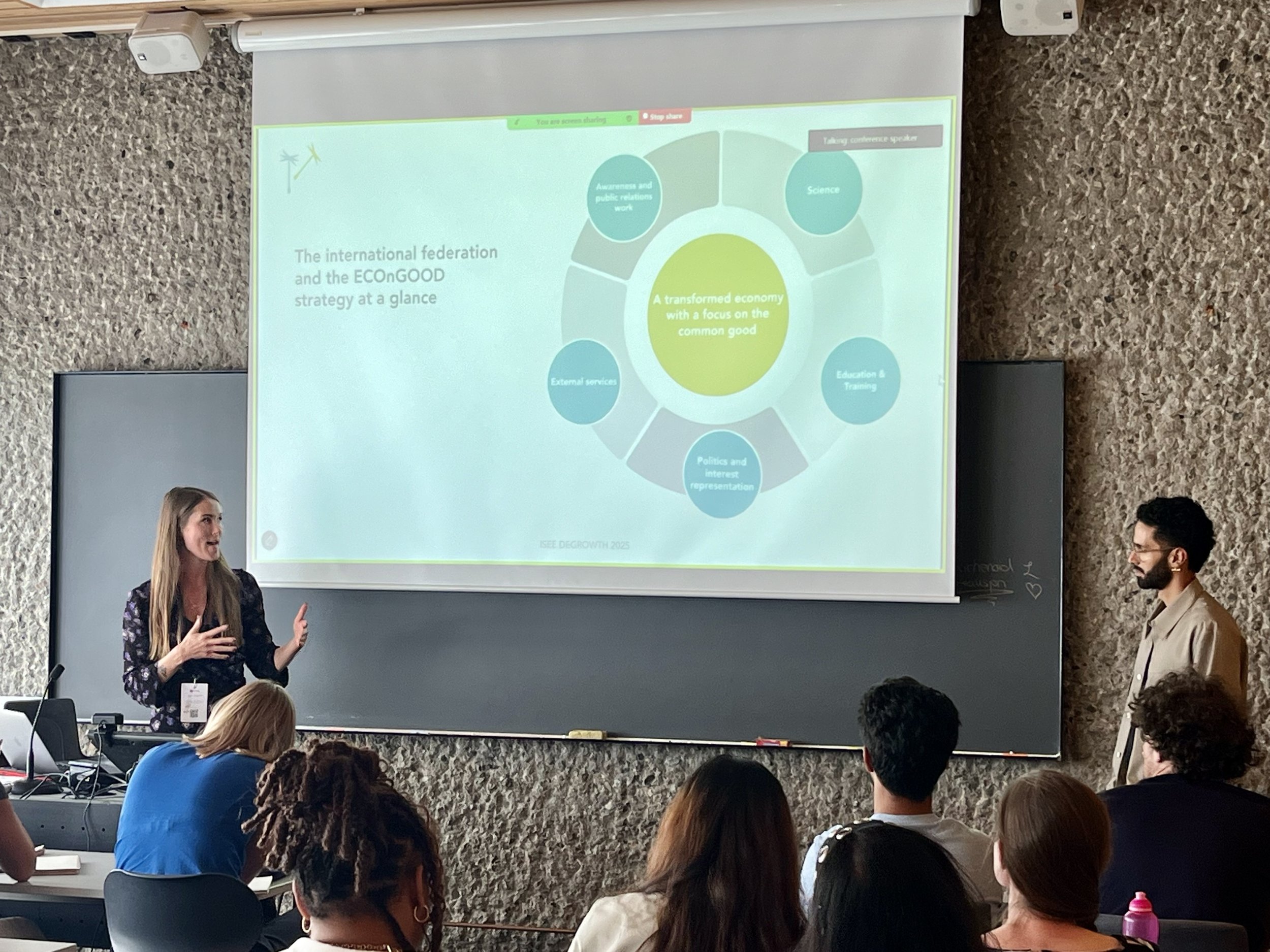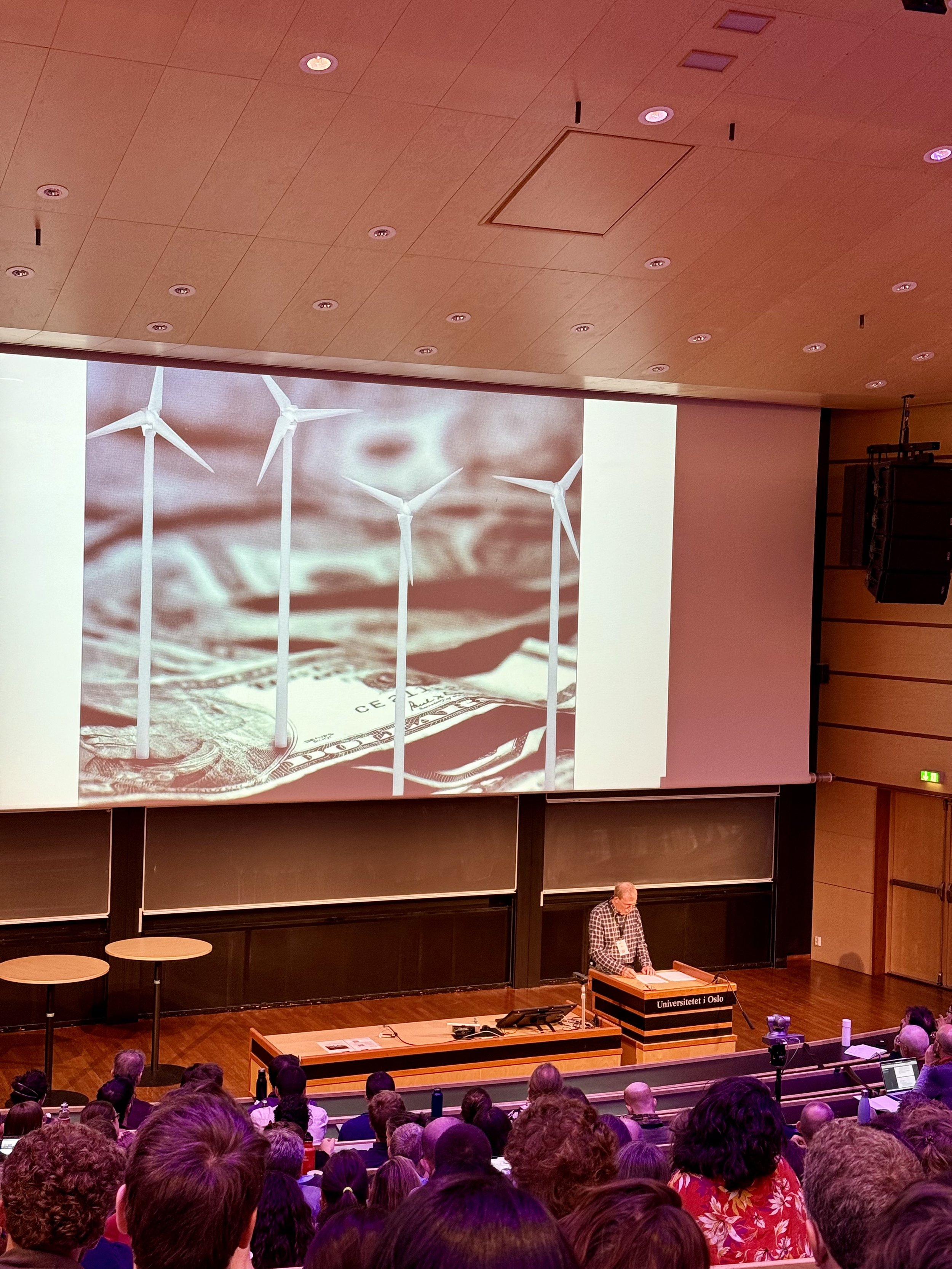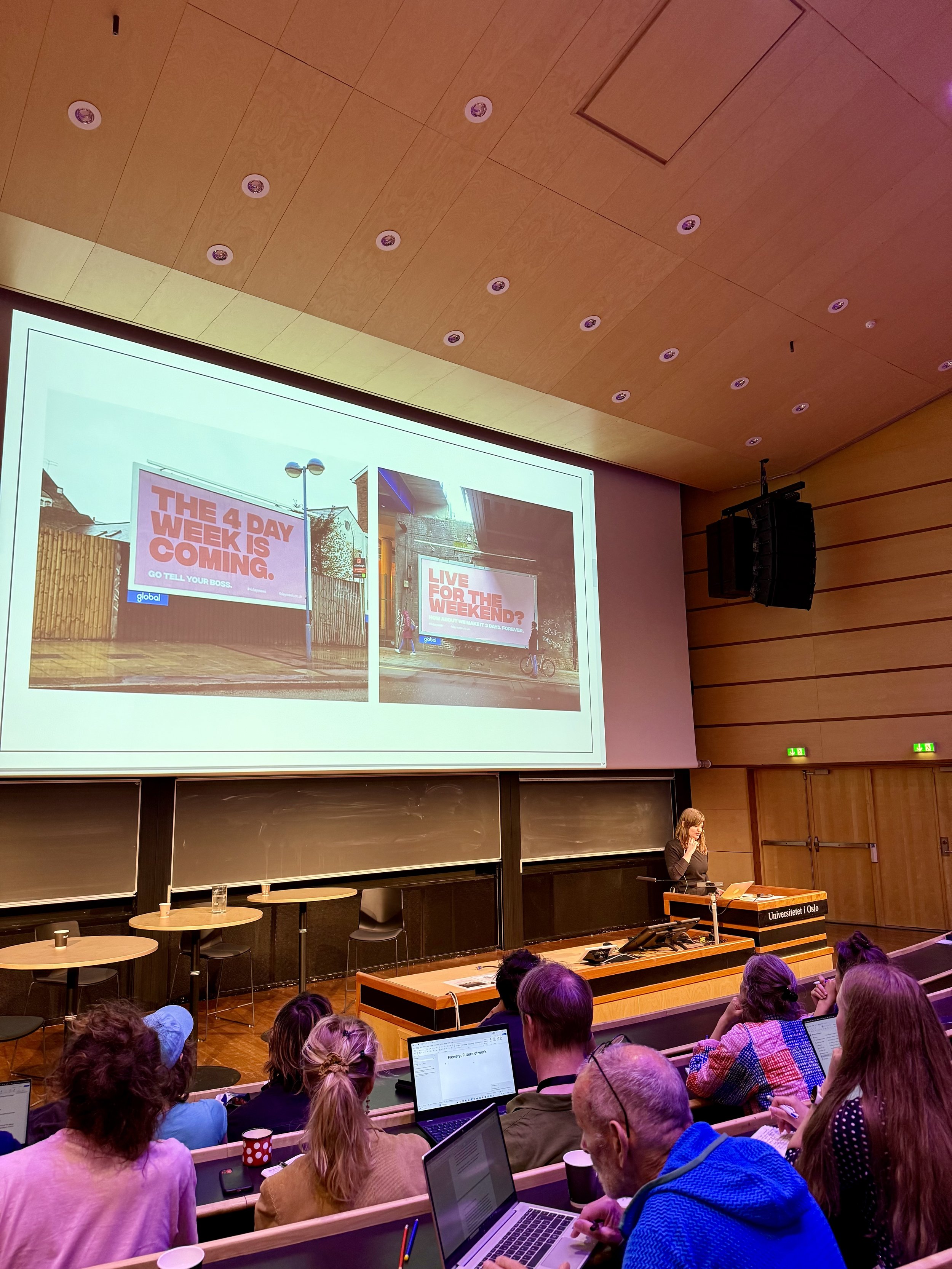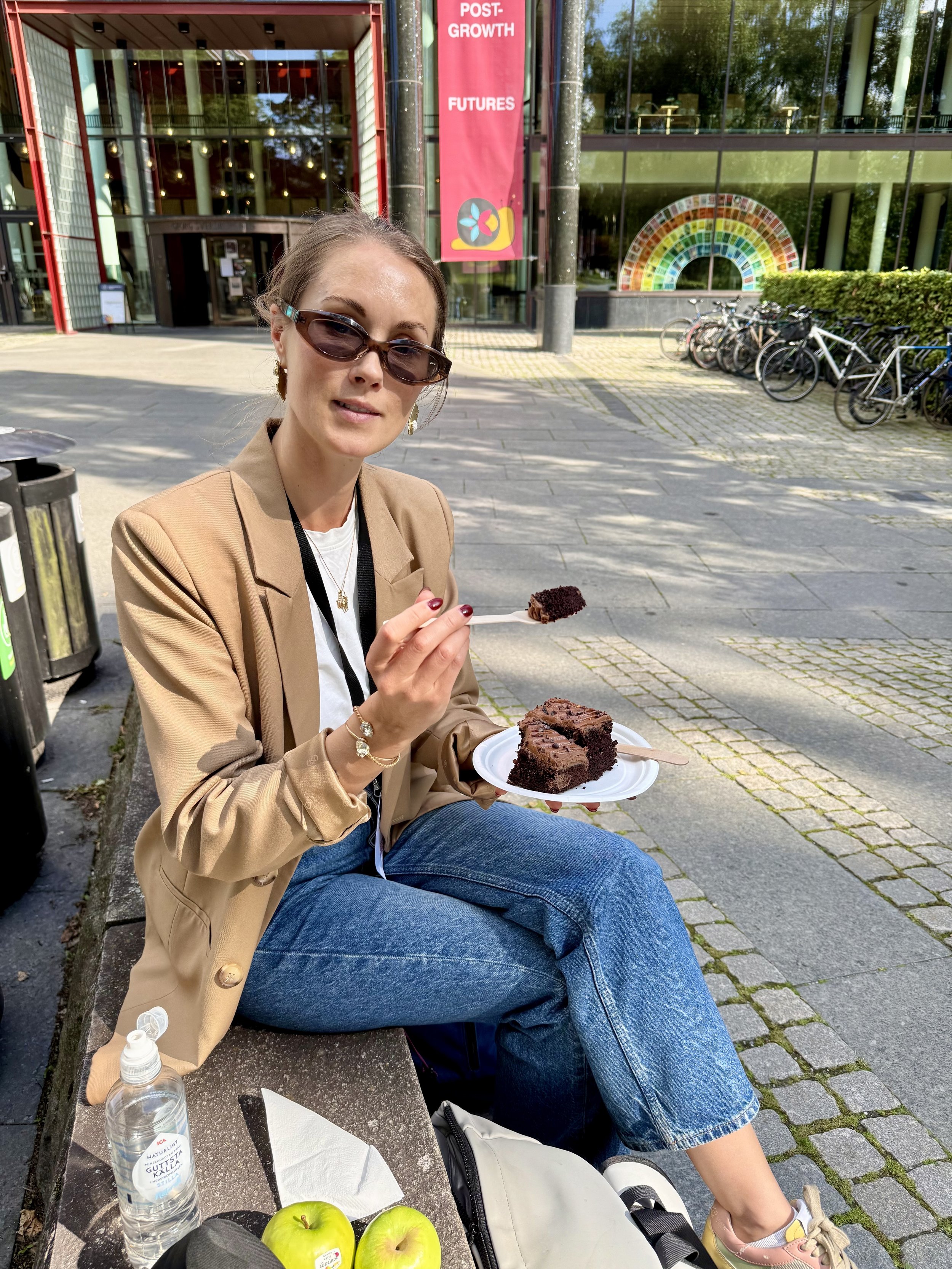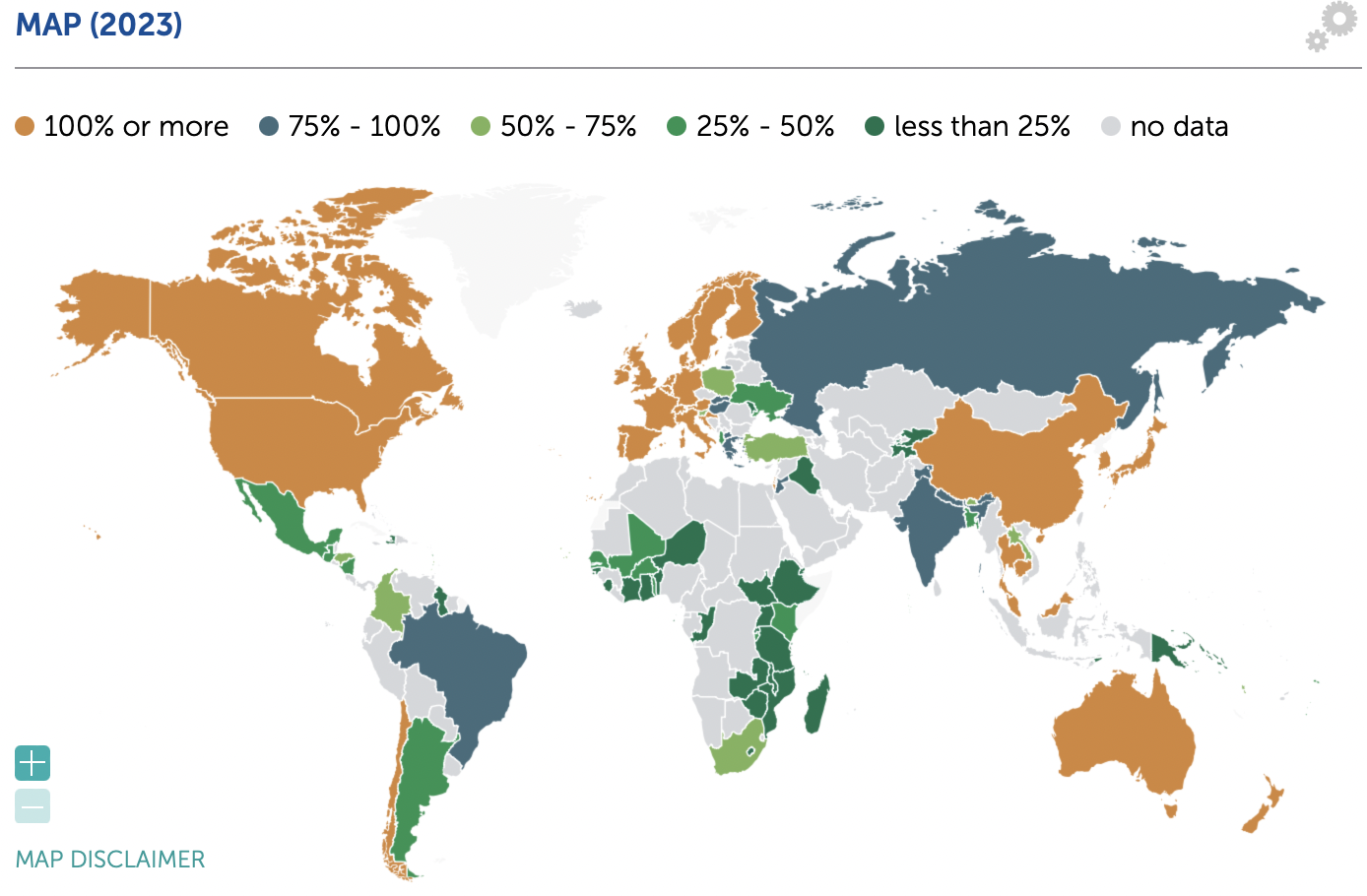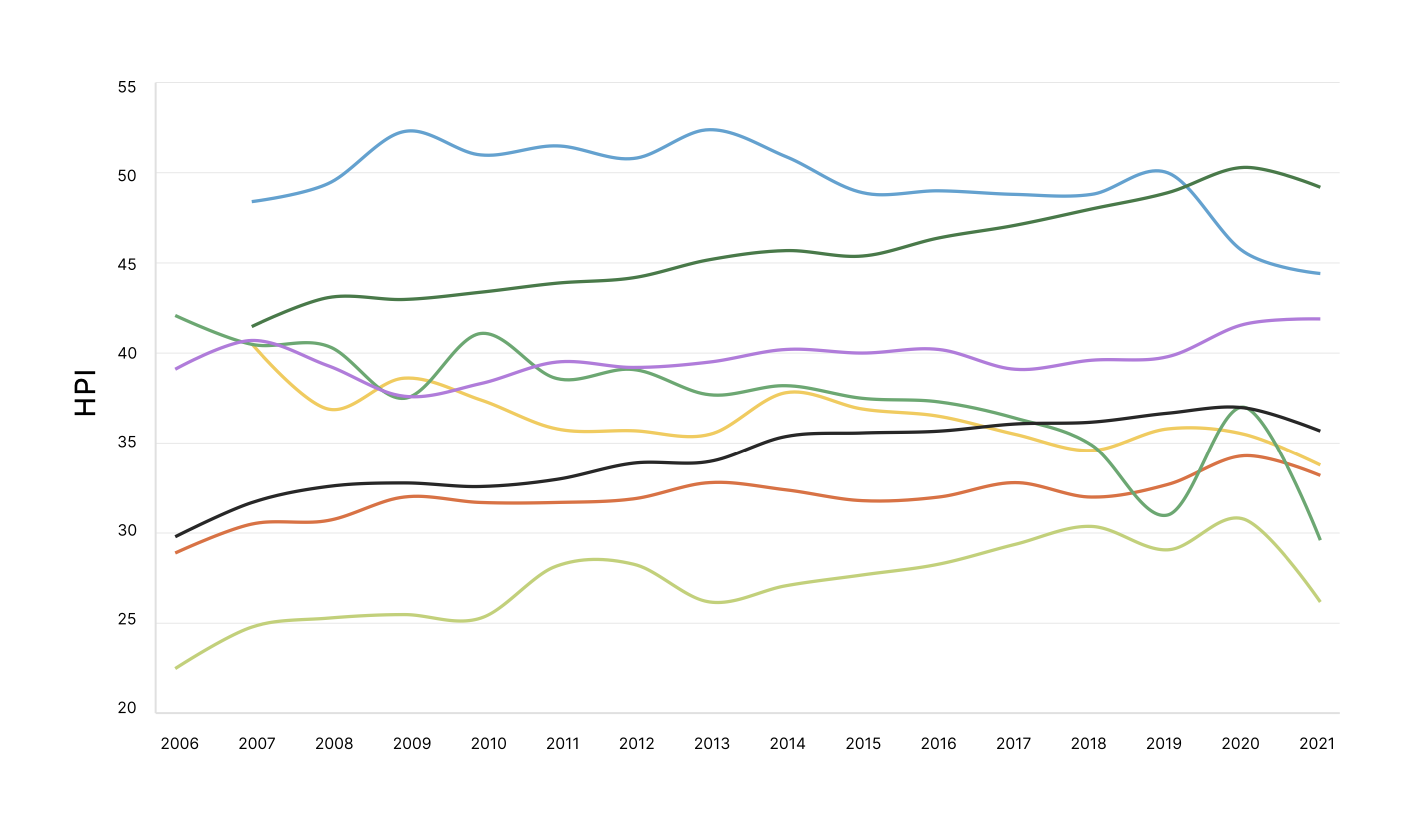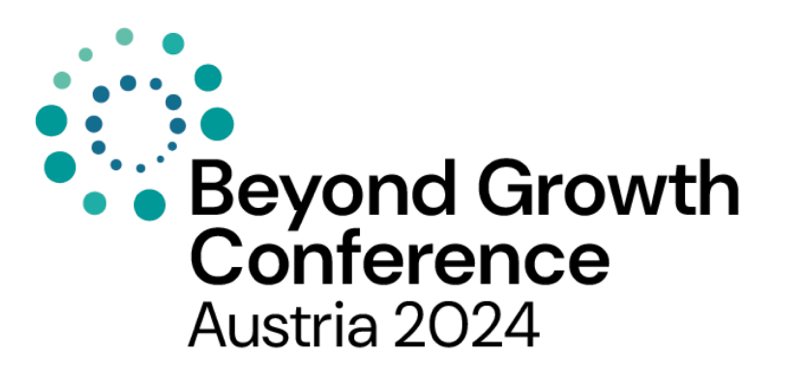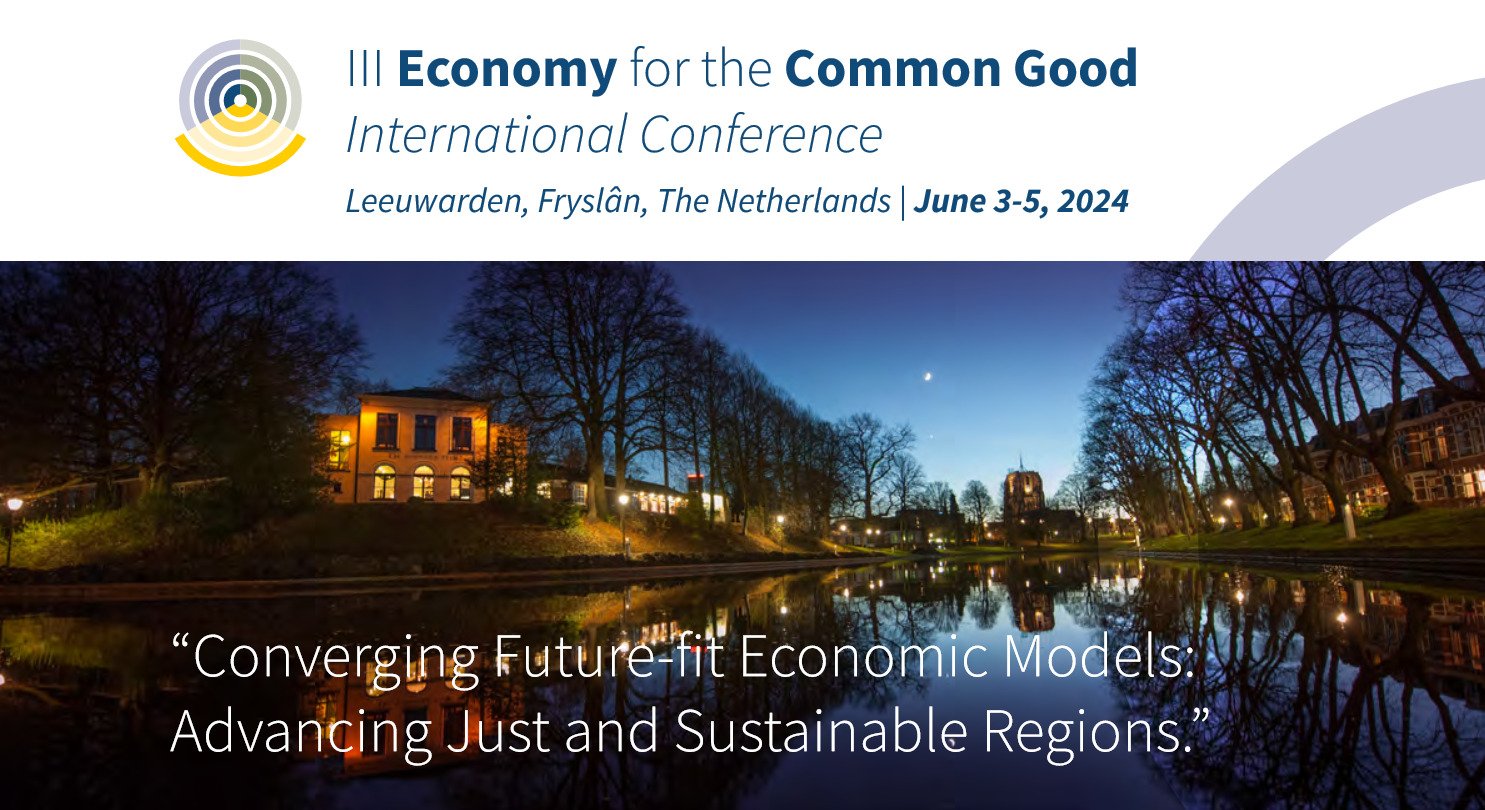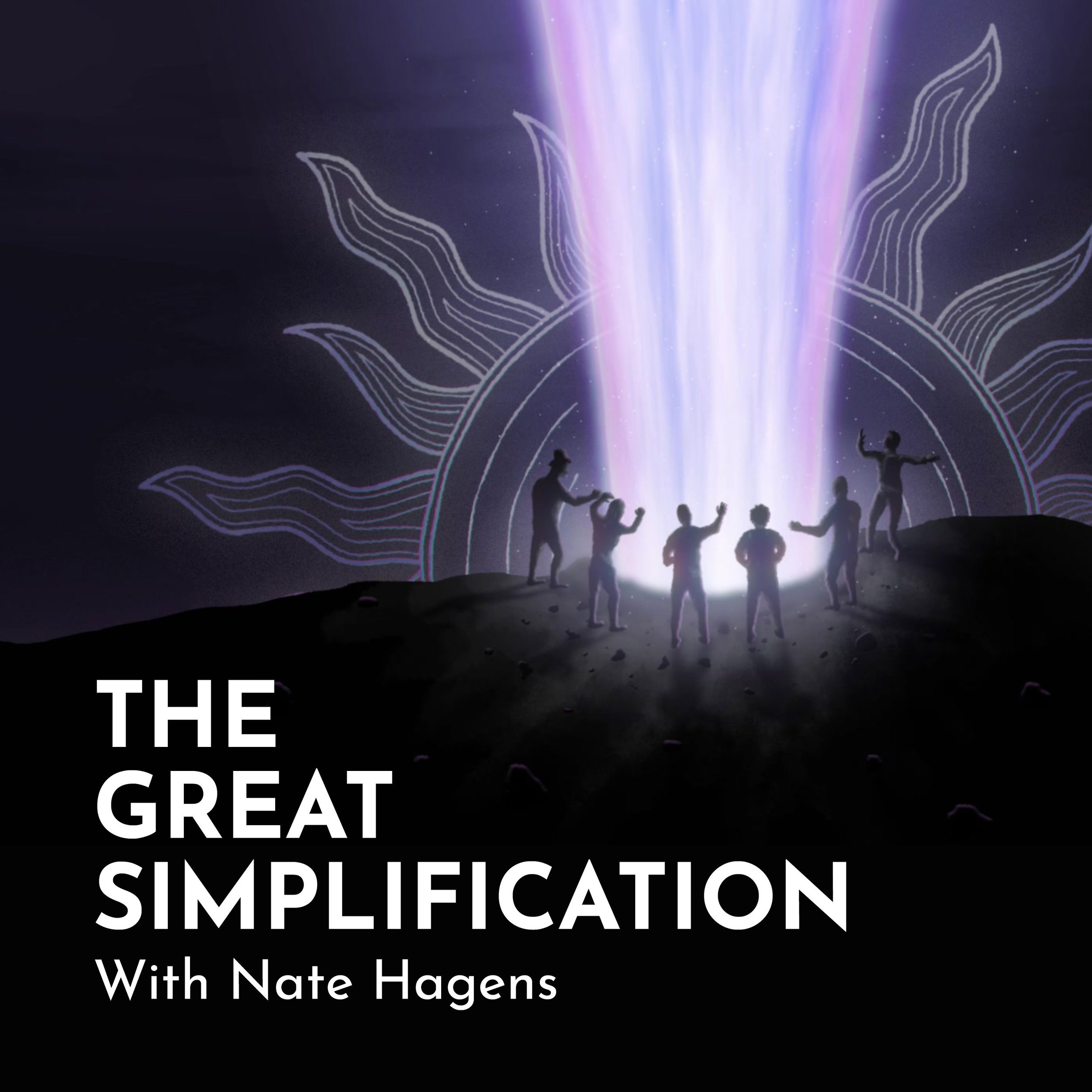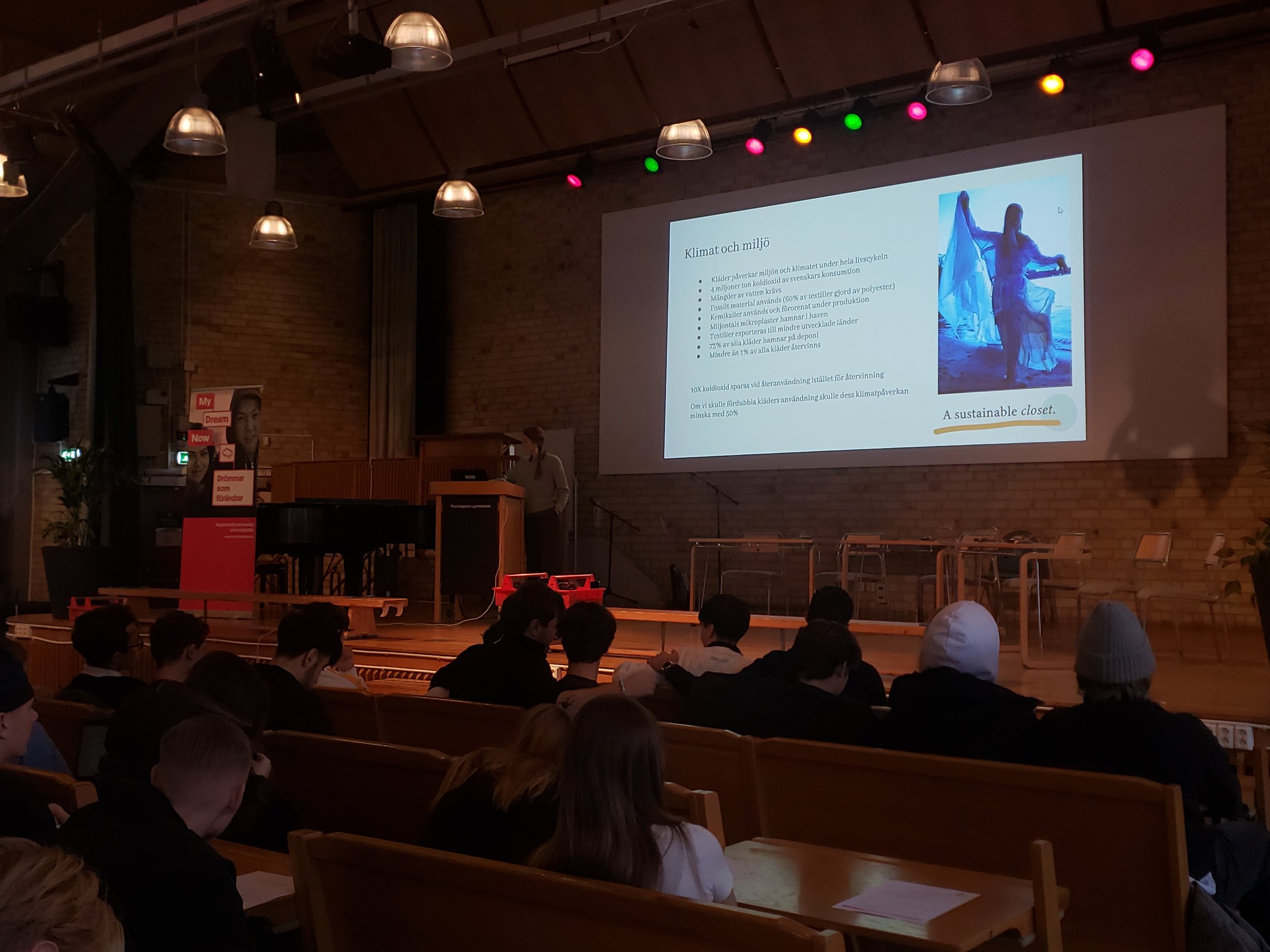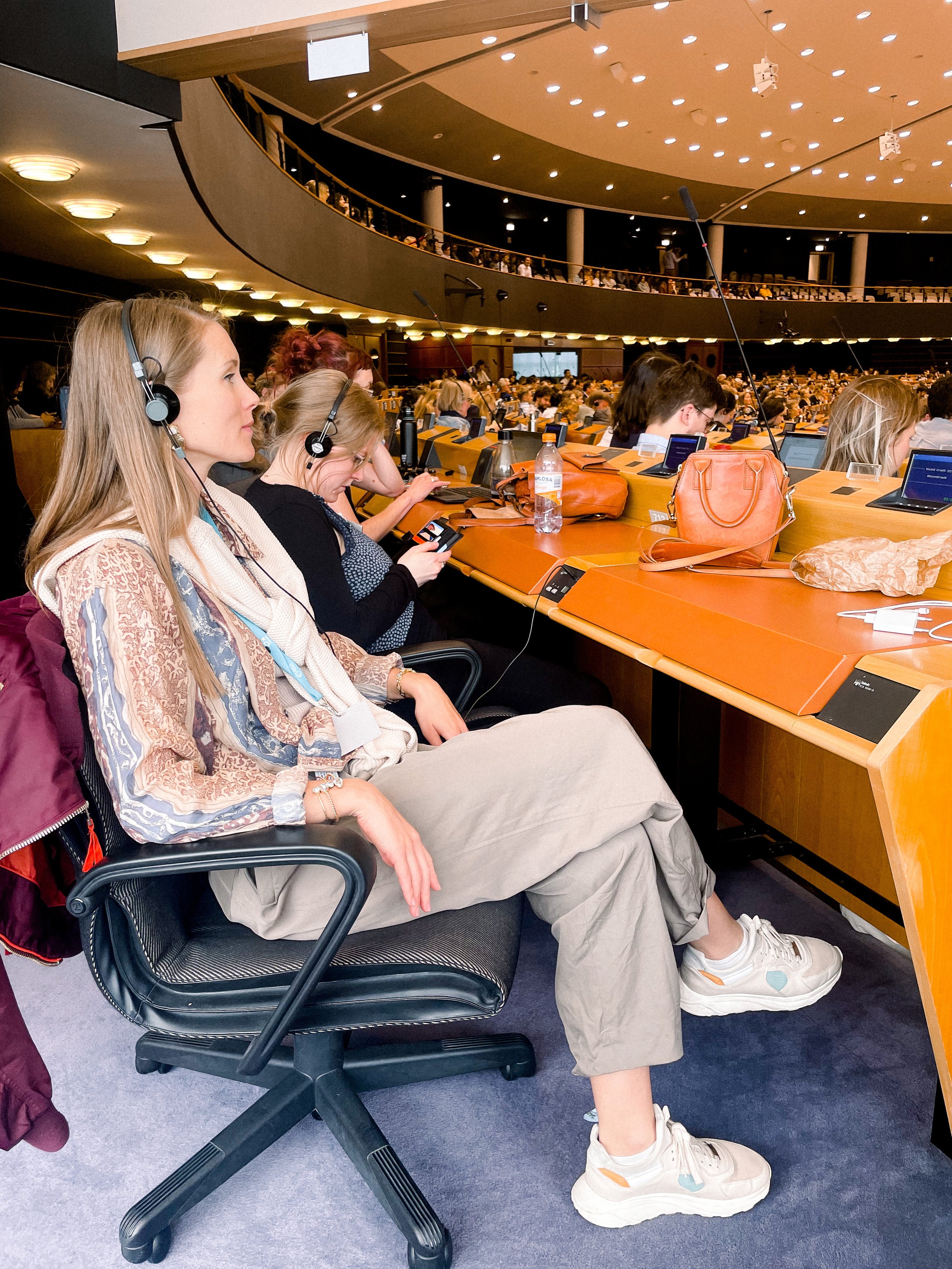To mark its 10th anniversary year, Partners for a New Economy commissioned Fertile Ground, the most comprehensive mapping and analysis of Europe’s new economy ecosystem to date.
Authored by Metabolic, the report identifies 735 organisations across 35 countries actively working to transform our economic system to meet the needs of people and planet. It distils ten key insights and recommendations that highlight the ecosystem’s strengths, gaps, and opportunities. The study also introduces a typology of activities and themes to make the diversity of new economy actors easier to navigate, laying the groundwork for a living directory of organisations, currently in beta testing and expected to launch fully in 2026.
Why Europe?
The report focuses on Europe for several reasons , its high material footprint, its diversity, and its geopolitical role, making Europe an important player in this field, even though the best ideas, innovations, and future pathways may not necessarily come from Europe itself.
It also reminds us that criticism of the current economic system is not new. As early as the 1970s, The Limits to Growths parked global reflection on the unsustainability of infinite economic expansion. Yet, throughout crises, new ideas always emerge. It is no coincidence that “new economy” thinking has risen across many agendas today, reflecting the urgency for change. But a new economy is more than a reaction; it is a call for a new vision, one that is too often missing in politics and society today.
What the Report Maps
The report maps a wide range of responses across Europe, from resource extraction, the rising cost of living, and inequality, to breaches of planetary boundaries, technology, and financialisation. The latter refers to the growing dominance of profit-making through financial services rather than production and trade, when finance swells beyond the economy it is meant to serve.
Across the new economy field, several common components emerge: ecological sustainability, social justice, participatory and collective governance, wellbeing, and quality of life.
The report introduces key thematic areas and explores how different schools of thought and movements, such as the Wellbeing Economy, Circular Economy, and Prosumer Economy, connect to them. These offer readers a concise introduction to the broader field of alternative or holistic economic thinking.
It also distinguishes between thematic and activity areas, showing how embedded in the system organisations are, from grassroots initiatives to policy-shaping actors. The mapping includes diverse stakeholders such as faith communities, corporations, media, and financial institutions.
Trends, Debates, and Challenges
The report identifies emerging trends, traction points, debates, and challenges within the ecosystem.
Examples of traction include pilot initiatives like Universal Basic Income trials in parts of Europe.
Debates include tensions such as revolution vs. reform, or the differing perspectives on degrowth and the role of the state, areas where movements may diverge in their views and strategies.
Key Insights
735 organisations across 35 countries identified
A fragmented field that would benefit from stronger collaboration, even though diversity remains a key strength
Underfunded ecosystem needing more flexible and long-term financial support to thrive
A lack of macroeconomic policy proposals applicable for policymakers today
A need to move beyond the movement’s “bubble” and connect with citizens’ everyday lives
Rapid growth of organisations in recent years, with half founded in the last decade
Countries with the highest density of initiatives per capita include Estonia, Denmark, Finland, Belgium, Slovenia, and Switzerland
Main areas of activity: research, advocacy, communication, and movement building
Thematically, most work focuses on public finance, market governance, alternative economic models, and sectoral transformation
Reflections
I recognise many of the report’s findings, especially the underfunding, fragmentation, and lack of collective action among movements. However, I found it unfortunate that more examples and data from the organisations themselves were not included. With over 700 actors identified, perhaps a searchable database would be the next logical step.
I also noticed several organisations misspelt or omitted entirely, and believe the methodology could be stronger, 125 survey responses is a low sample size. I would have preferred an open invitation for all 700 organisations, their staff and volunteers, to contribute, creating a meta-study possibly supported by AI. Of course, the report’s limitations may also reflect the very funding constraints it highlights.
Still, the picture it paints is hopeful. With such a diverse set of organisations and movements, and considering that many pioneering companies, municipalities, and policymakers already taking steps are not even included, we can only imagine how the soil in Europe is being prepared for these seeds to grow and flourish.
Over time, this could become a Europe in service of its citizens, a role model in planetary stewardship, where all people can enjoy good livelihoods and decent lives in harmony with nature and animals.
At least, that is the vision I hold, and why I am here. I feel honoured to be among the early adopters in these transformative times. We may never see the full fruit of the seeds we plant today, but one day others will look back and say:
They did it.
Read the report here!











